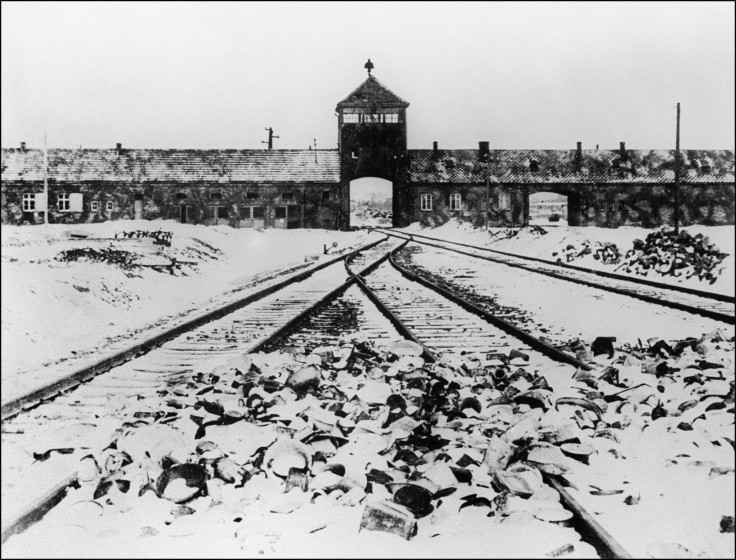USC researchers use Holocaust survivors' memories to map how brain experiences gratitude

Neuroscientists from the University of Southern California (USC) have used Holocaust survivors' memories to determine how the human brain experiences gratitude. Lead author Glenn Fox, a post-doctoral researcher at the Brain and Creativity Institute at USC, said: "In the midst of this awful tragedy, there were many acts of bravery and life-saving aid. With the Holocaust, we only typically associate the awful things. But when you listen to the survivors, you also hear stories of incredible virtue, and gratitude for the help they received."
After analysing archived audio recordings from the USC Shoah Foundation, which is "dedicated to making audio-visual interviews with survivors and witnesses of the Holocaust," according to its website, researchers from USC designed a brain-scan study to monitor gratitude in 23 individuals who had no connection to the Holocaust. They were shown documentaries regarding the tragedy in a bid to stimulate feelings of gratitude when they watched parts about liberation from the concentration camps.
Researchers then posed statements to the individuals such as: "You have been sick for weeks. A prisoner who is a doctor finds medicine and saves your life." The participants were asked to rate their gratitude in 50 scenarios while an MRI scan monitored their brain activity.
"They had an experience of gratitude as they imagined themselves in the situation," Fox said. He and his team said that when the subjects felt gratitude, the brain activated parts that were responsible for feelings of reward, moral cognition, subjective value judgments, fairness, economic decision-making and self-reference, according to the study published in Frontiers in Psychology.
USC Shoah Foundation executive director Stephen Smith said: "When they gave testimony to USC Shoah Foundation many Holocaust survivors told us that they found reason to be grateful, whether it was because of a stranger offering a bit of food or a neighbour providing a place to hide. These small acts of generosity helped them hold on to their humanity. That [Fox] has been able to use testimonies in his incredible research on gratitude shows why it is so important to preserve the voices of people who lived through these dark times."
© Copyright IBTimes 2025. All rights reserved.






















